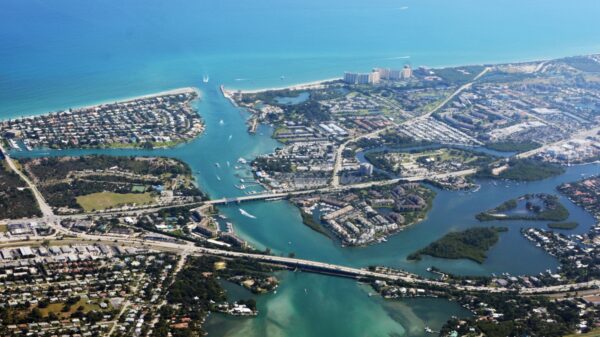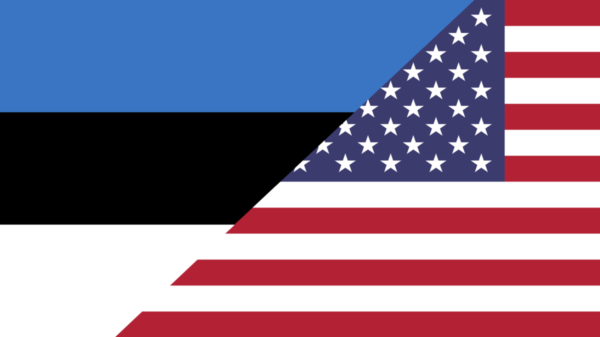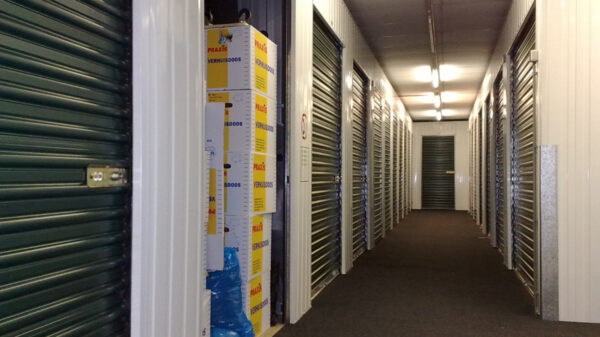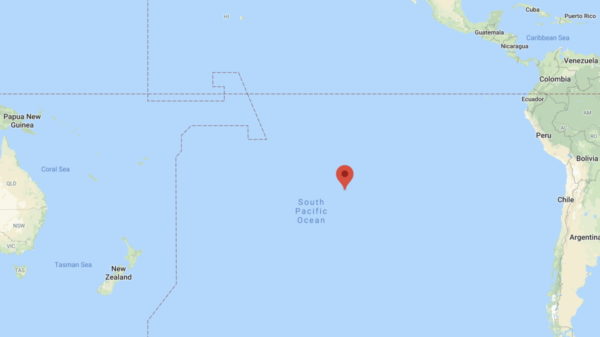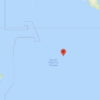It has become inevitable, for a variety of reasons, that we will eventually become a cashless society. While this will undoubtedly open new opportunities, it will also make us even more reliant on the banks and financial services companies than we currently are. Having a solid strategy in place and using the best options available is absolutely crucial not only to minimize fees and friction but also to safeguard access to our wealth. I have written a guide detailing how to build such a strategy and in this article I take things a step further by listing the best banking options for Australians.
The best options in Australia
If you are Australian, it is a fair bet to assume that you already have an account with one of the big four (ANZ, CommBank, NAB and Westpac). Together, they dominate the banking industry and hold significantly more deposits than all the other banks combined. Their products are fairly poor, however, with higher fees and fewer features than many of their international counterparts. Only one of their products, in my opinion, stand out and it is:
1. NAB Platinum Visa Debit card
This optional premium debit card is available to anyone who has a NAB account. It is the only debit card from the big four that has no forex fee. It also pays a 1% cashback on contactless transactions in AUD and includes generous insurance coverage. This comes at a steep cost, however, as there is a 10 AUD monthly fee. It thus only makes sense to get this card if you spend most of your time outside of Australia or frequently shop online in foreign currencies.
Thankfully, the big four are not the only banks and financial services companies competing for a place in our wallets. There are plenty of credit unions, building societies, smaller banks and a number of international players. My favourite products from the above are:
1. American Express
American Express has one card in Australia that is worth getting, the Explorer Credit Card. You get 2 MR points for every AUD spent (except for government purchases). You can then convert those MR points to airline miles at a rate of 2:1 (meaning you get 1 airline mile per AUD spent). You also get a 400 AUD annual travel credit (must be used on AmEx’s own travel booking site), two lounge visits in SYD and MEL and very generous insurance coverage (medical, flight delay, baggage, hotel burglary etc). The annual fee is 395 AUD. If you are thinking about applying for the Platinum card, I strongly recommend that you apply for the US-issued version. Read the section below to find out how.
2. 28 Degrees MasterCard
This card is the best option for those who do not want to pay an annual fee. It has no forex fee, comes with a global Boingo membership and includes basic travel insurance coverage.
3. Bankwest Zero Mastercard
The platinum version of this card is virtually identical to the 28 Degrees MasterCard. It has no annual fee, no forex fee and offers basic travel insurance coverage. The only feature missing is the global Boingo membership but that is not something I would worry about. Interestingly, you can add the card to Apple Pay / Google Pay as soon as you are approved. This is a very handy feature if you are currently travelling and do not need the physical card.
4. Citibank Plus Account
This is the best bank account for frequent travellers and expats, period. It can be opened online in minutes and has no monthly fee or minimum balance requirement. It comes with a debit MasterCard that can be used fee-free worldwide, including at foreign ATMs. It also has no transfer fee (including Citi Global Transfer).
5. Revolut
Revolut is a UK-based mobile-only fintech that has launched in Australia in 2019. They offer a multi-currency account that can be linked to a number of debit cards, including metal cards. They also offer a number of insurance products, lounge passes etc.
6. Wise
Wise is best known for their money transfer service but they also have an excellent multi-currencies account, that comes with a debit Visa card similar to that of Revolut. I have written a comprehensive review, you can read it here.
The best international options
While the above section has clearly established that there are good options in Australia, I believe that it also makes a lot of sense to look at the best options abroad and that is especially true in the context of location independence. Maybe you get paid in USD and would benefit from having a US bank account. Maybe you spend most of your time in Europe and would benefit from banking there. Maybe you are looking to safeguard your wealth and would benefit from banking in Hong Kong or Singapore. Regardless of your circumstances, you can benefit from having accounts overseas even if only from a safety standpoint (do not keep all your eggs in the same basket). The best options abroad for Australians are:
1. Foreign-issued American Express
While the Australian-issued Explorer Credit Card is pretty good, there are far better American Express cards out there. The US cards, for example, have lower fees, better sign up bonuses, more transfer partners and features that are more valuable (many also do not have forex fees). The HK and SG cards offer valuable airline benefits and regular hotel promotions. The Canadian cards offer excellent earn rates, especially when the currency conversion rate is taken into account. To apply for a foreign-issued card, all you need is to have an Australian-issued American Express card in good standing. If you do not have an existing AmEx account, you can also apply via Nova Credit. Obviously, you will also need a bank account in the card country in order to pay the monthly bills. If you opened the Citibank account mentioned above, I recommend also opening with Citibank in the card country as this will allow you to move money around free of charge using the Citi Global Transfer feature. I have written a guide that covers how to apply for US AmEx cards as a non-resident, you can read it here.
2. N26
N26 is a German-based bank that operates entirely via the internet. Provided that you have a mailing address in a supported country (you can use a mail forwarding service), you can open an account in minutes using your smartphone. If you choose the free plan, you will get an account with no monthly fee, a dedicated IBAN and a debit card (MasterCard) that has no forex fee (there are ATM fees). They also have paid accounts with additional benefits but they are useless in the Australian context (insurance, partner offers etc).
Many other digital banks and fintech companies will open accounts for Australians. I would not recommend using such accounts exclusively but they can still be useful in some circumstances. My favourites are Revolut in the UK / Lithuania, Bunq in the Netherlands and Tap&Go in Hong Kong.
Further afield, there are interesting options in Hong Kong and Singapore. I have written guides detailing how to open accounts in those jurisdictions and you can access them via the links above.
Additional information
Tax implications
There are no tax implications from opening new accounts in Australia, as long as they are normal accounts. Tax-exempt / registered accounts come with restrictions and are usually subject to annual limits.
There are no tax implications from opening new accounts abroad either. It is important to understand, however, that as far as Australian tax law is concerned the location of your accounts does not matter and has no influence on your tax status (Australia is a CRS country, you can read my guide about CRS here). If you are an Australian tax resident, any income received anywhere in the world will be liable for taxation in Australia (even if it is never remitted to Australia).
Mailing addresses
Many banks will be hesitant to accept only an international address and will instead require that you provide them with a local mailing address (do note that you will still need to use your real residential address when completing CRS and tax interviews). I have written a guide detailing how to acquire and maintain such addresses, you can read it here.
International money transfers
Opening accounts in multiple countries imply that you will also need a cost effective way to transfer money between those accounts. I have written a guide on the subject that you can read here.
Business banking
If you own an Australian business, you can open a Wise account online in minutes and apply for an AUD balance. This will allow your business to completely avoid the big four, and comes with additional benefits such as multi-currencies debit cards, low cost international transfers etc.







